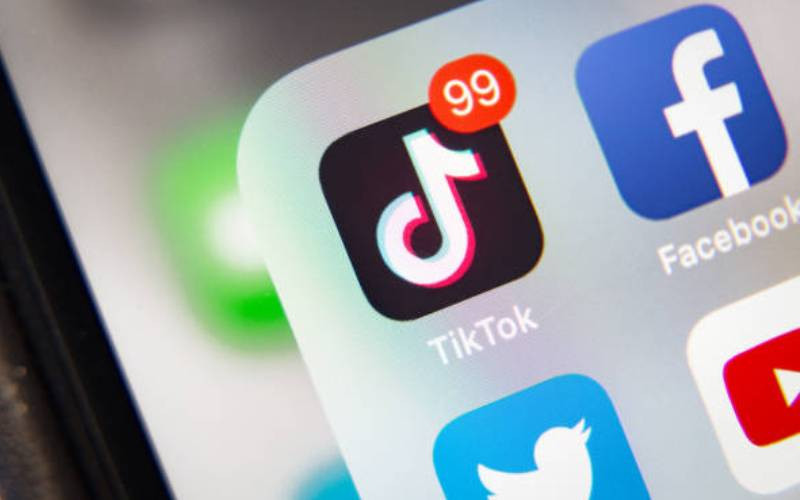×
The Standard e-Paper
Kenya’s Boldest Voice

Social media platforms are now powerful global influencers. Thirst for infotainment has shaped them up in a puzzling way. Like never before, everyone has been thrust into the future.
Boasting 64 million mobile connections and 33 per cent internet reach, Kenya is among nations where platforms like Facebook, Instagram, TikTok, Snapchat, YouTube and Twitter (X) have become an almost seamless culture.